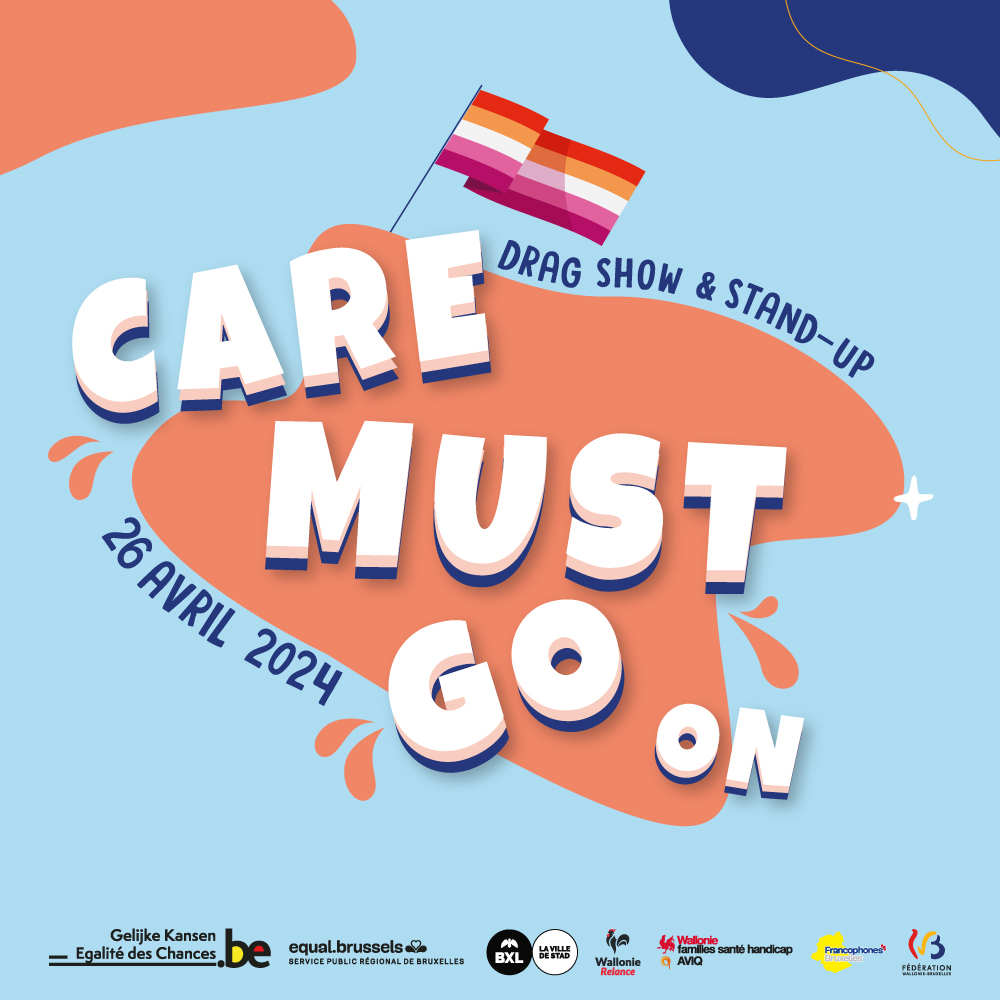On April 26th, the 3rd edition of Care Must Go On will be held. The awareness event with a fun twist is back and is ready to celebrate the Lesbian* community and its diversity. In this interview led by KET Magazine, Mathilde They, volunteer at Go to Gynéco!, explains what makes this event special and why it’s a must-attend for those passionate about lesbian* rights and visibility.
So, on April 26th, the 3rd edition of Care Must Go On will take place. Can you explain what it is?
Care Must Go On is now in its 3rd edition. It’s an awareness event, but with a twist compared to other awareness events. We start with stand-up comedy to lighten the mood, followed by a break with informational booths. For example, at Go To Gynéco!, we have a “vulva fishing” game where you fish numbered vulvas and get answers to corresponding questions. It’s both educational and festive, with activities like vulva fishing. Then we have performances, selecting artists related to our themes, prioritizing those directly affected or allies. It’s all about raising awareness and bridging gaps.
What inspired the organization of this event, and particularly the focus on FLINTA individuals?
The cancellation of the L-Festival left a noticeable void for the lesbian community. We at Go To Gynéco! saw this as an opportunity to create something new for the lesbian* community. Our motivation stemmed from a desire to create something fun, safer, and representative. And when you combine community with motivated people, it often results in events.
The project stemmed from a desire to increase visibility for lesbians*, among others, who are not represented enough, which is unfortunate. Initially, the focus was on visibility, but it evolved into something more significant—a platform to address societal issues while celebrating our community’s diversity and creativity. It’s about amplifying voices and fostering inclusivity.
The first edition was a huge success thanks to the incredible artists who agreed to perform. We held the event at the Brussels Art and Pole School, which is a small space. It was a very intimate evening. Everyone left feeling uplifted, filled with joy and hope. Honestly, being together felt really empowering, and we thought to ourselves, “we can’t just do one edition, it’s impossible!” [laughs]. Which is why we are celebrating the 3rd edition [laughs].
Can you explain the artist selection process for the event?
In the first edition, it was based on personal connections and preferences within the community. We invited artists we admired and who were willing to perform. This second edition involved an open call for submissions to diversify our lineup and discover new talents. We’ve incorporated open stages for burlesque performances and stand-up comedy, providing opportunities for emerging talents to shine. The mixing of established and emerging artists allows for a more dynamic program.
The lineup reflects the diversity of our community, featuring performers from various backgrounds and art forms, aiming to entertain while also raising awareness. Invited humorists like Fanny Ruwet and Moana, for example, bring unique perspectives on lesbian and bisexual/pan experiences, contributing to the event’s richness and inclusivity. Other performers address more cultural issues. By bringing together different voices and experiences, we hope to foster understanding and solidarity within and beyond our community.
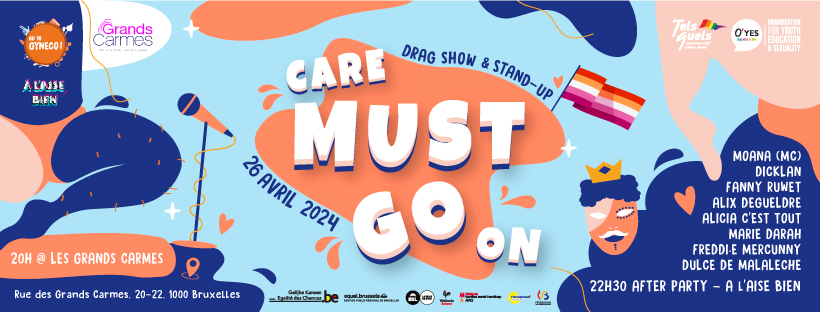
You talked about wanting to create a safer space. How do you plan to ensure an inclusive and welcoming environment? Be it for the artists or the audience.
Creating a “safer space” is crucial, although it’s challenging to guarantee complete safety. No space is 100% safe for our community. The BIFFF incident is a great example of this.
However, we take several measures to foster inclusivity and enhance safety. We have dedicated identifiable volunteers throughout the event, informational booths, trigger warnings, and clear instructions regarding boundaries for both the audience and the performers. The event is primarily promoted within our circles to ensure attendees are aware of its purpose and atmosphere. While the event was advertised on Facebook, it was already sold out within these circles, limiting access to those familiar with and sensitive to the issues addressed.
Regarding FLINTA events, some question how inclusivity can coexist with exclusion. What are your thoughts on this?
We intentionally use the FLINTA acronym to emphasize that this event is by and for the community. This ensures transparency and a sense of familiarity for attendees. While it’s focused on specific identities, it’s open to allies and those interested in supporting our cause. We aim to strike a balance between targeted outreach and broader inclusion. That’s why we promoted the event within our extended circles.
Our goal isn’t exclusivity, but rather visibility for those who are often pushed to the side. So, if you have a ticket, even if you’re not directly affected by the themes we address, you’re welcome. Care Must Go On is also a way to bring awareness to people who might not be informed. We want to foster understanding, and sensitize the audience. Who knows, they may become our best allies in the future.
Do you still need volunteers this year?
Yes, Go To Gynéco! always welcomes volunteers as it’s a community-driven project. Originally, it was a collaboration between O’YES and Tels Quels to address sexual health issues among lesbians, bisexuals, and co. Over time, it expanded with volunteer support. We’ll be recruiting more volunteers this summer to continue our mission.
What impact do you hope this event will have on the broader community?
Our goal is to increase visibility for lesbians* and other marginalized groups. By joining forces, we demonstrate strength in unity. This event serves as a platform for education, empowerment, and celebration. We aspire to spark conversations, challenge stereotypes, and ultimately foster a more inclusive society.
Ultimately, our goal is not just entertainment but also education and empowerment, creating spaces where everyone feels seen, heard, and valued. Through events like this, we strive to build a more inclusive and compassionate society, one laugh and conversation at a time.
April 26th also marks Lesbian* Visibility Day. Is that why the event is on this date?
Absolutely. April 26th serves as a platform not only for sexual health awareness among lesbians, bisexuals, and others but also for broader visibility. We need continuous visibility in society, media, and cultural events. This day symbolizes our presence and significance. But our goal is to exist beyond just this day, because one day isn’t enough.
This is why we decided to get together with other organizations and showcase the power of collaboration. This collaboration allowed us to expand from a single night to a whole festival, demonstrating the strength in unity. We’ve seen significant interest and engagement, even without extensive promotion, indicating a real momentum behind the idea. The success of similar initiatives, like the Crazy Circle and its fundraising efforts, fuels our optimism for the future.
We not only aim to be inclusive when it comes to our event, but also this inclusivity extends to the audience, as seen in our decision to host events in accessible venues with open invitations, welcoming people of all ages and backgrounds. It’s heartening to see attendees, who may not have had previous exposure to LGBTQIA+ communities, engaging with the content and perhaps leaving with a broader perspective.
If you want to know more about the Lesbian* Visibility Week, read the full article on ket.brussels.
*The term lesbian is used here as a general term that includes all individuals identifying as women, lesbians, bisexuals, and queer (cis and trans), as well as non-binary and intersex individuals who feel connected to lesbian identity and activism. (definition inspired by EL*C).
You may also like
-
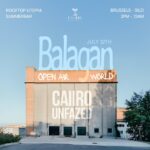
Balagan World: When the Beat Builds a Better World
What if nightlife wasn’t just about escape — but connection? That’s the vision behind Balagan
-
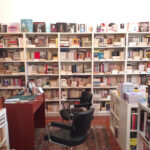
Vigna in Nice: Where Queer Books Breathe and Memories Live On
Right in the heart of Nice, there’s a bookshop where stories don’t just sit quietly
-

The BGS Winter Retreat: 12th Edition in Serre Chevalier
Every winter, a vibrant tapestry of familiar and new faces gathers from the BGS LGBTQIA+
-

“The Bundestag Is Not a Circus Tent”: Chancellor Merz Faces Backlash Over Rainbow Flag Refusal
German Chancellor Friedrich Merz is at the center of a political storm after backing the
-
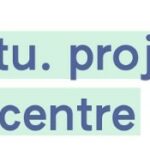
Épicentre: Inclusive Health and Well-Being for All in Brussels
Located in the heart of Saint-Gilles, Brussels, Épicentre is a multidisciplinary center dedicated to care,

